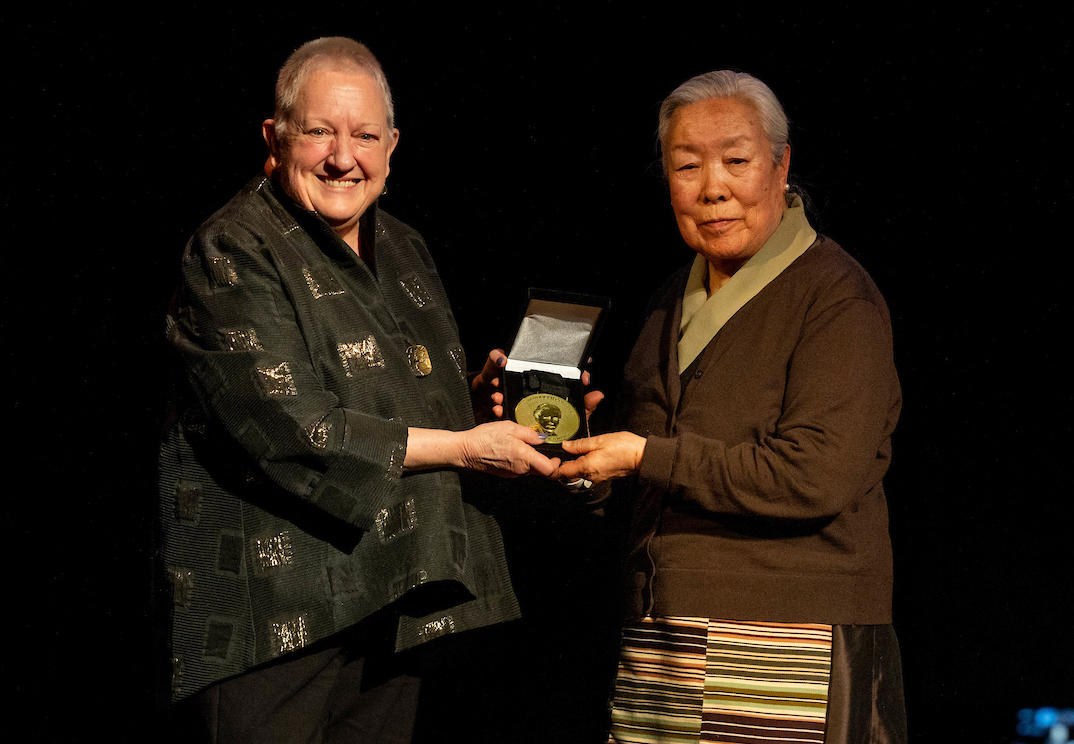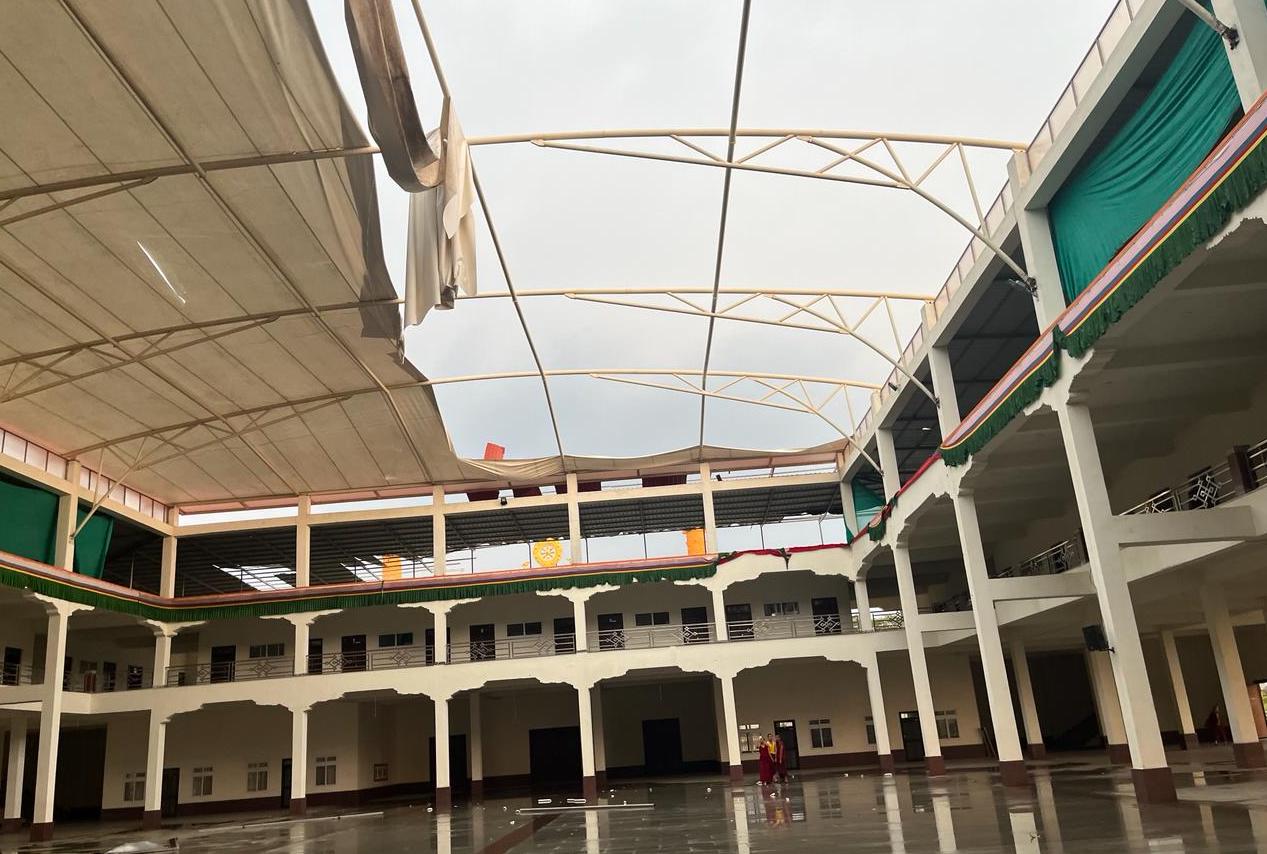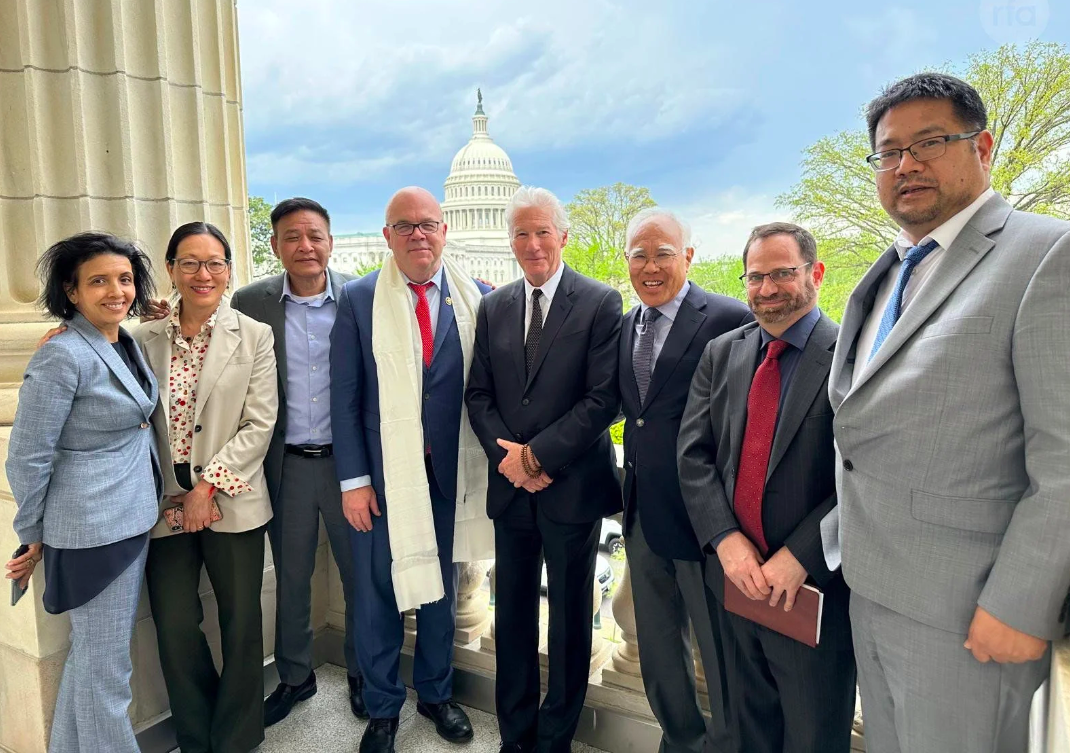By Alladi Jayasri
BANGALORE April 15 – Tsering Norzum Thonsur’s slight, slim form gives no inkling of the important place she holds in the small Tibetan community settled in India. Few are aware, or, perhaps, even interested that two years ago, the over 1.3 lakh Tibetans living as refugees in India elected a brand new Parliament at Dharamshala, the seat of the Tibetan Government-in-Exile.
Fewer still know that Norzum has been re-elected for a second term. She sits, as did in each of the 10 sessions of the 12th Parliament, along with 45 other deputies, in two U-shaped rows meant for the 46 deputies and seven Kalons (ministers) who form the Kashag or Cabinet.
Norzum, born in the Tibetan settlement of Mundgod in Uttara Kannada to parents who had followed the Dalai Lama into India in 1959, after Chinese occupation of Tibet, has never seen the land her parents call a homeland.
Norzum, who studied in Chennai, experimented with the lifestyle that drives the young, happening generation not particularly hampered by Tibetanhood, and quite oblivious of Tibet’s peculiar dilemma. “I wonder if I would’ve taken an interest in politics if I lived in Tibet,” Norzum muses. She forayed into politics and government service by default. A stint in the Regional Tibetan Women’s Association (RTWA) was her first brush with the Tibetan issue, and she did her job well enough to be given greater responsibility as an executive member, and later president.
How did she foray into politics? Since the exile community has no political parties, candidates for elections are thrown up somewhat in the manner of American primaries. Some names are proposed from Dharamshala. Although reluctant at first, Norzum, like most Tibetans, could not but regard “requests” from Dharamshala as a canon from the Dalai Lama himself. Besides, Norzum always loved a challenge.
She is glad, in retrospect. Until the idea of reservation for women was mooted, she, like others, would blanch at the thought of sitting in the Assembly of Tibetan People’s Deputies (ATPD).
Once inside, Norzum had no time for regret. As a novice, Norzum first did little but watch and learn. “I observed that some of the electoral reforms proposed by the Dalai Lama himself were regarded by many as too much freedom too soon,” she says. Like any parliament, ATPD witnesses stormy scenes, heated discussions, and inconclusive debates.
“Administration is serious business, and no one even thinks of playing to the gallery.” So it was that when reforms seeking to abolish representation to the religious sects in Parliament came up for discussion, many members were agitated, and refused to even contemplate such a move. Norzum did her homework, and mustered the courage to table a motion clarifying her view. “What pained me was not the final decision, but that some members wrote to the Speaker, insisting that it should not even be discussed.”
Her chance to shine at policy-making came soon enough though, when a proposal to amend the Charter of Tibetans-in-Exile came up. Norzum successfully tabled a motion amending the Constitution to facilitate the setting up of an interim Cabinet in case it is suddenly dissolved, or if a new Chief Calon has to be installed due to the death of the incumbent. Norzum is glad that women’s empowerment has been worked into the larger goal of Tibet’s liberation. But she is also sobered by the thought that gender discrimination could emerge as a problem in the future, especially when Tibet is free.









